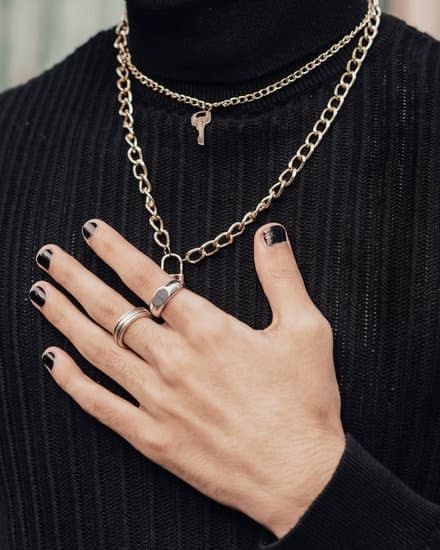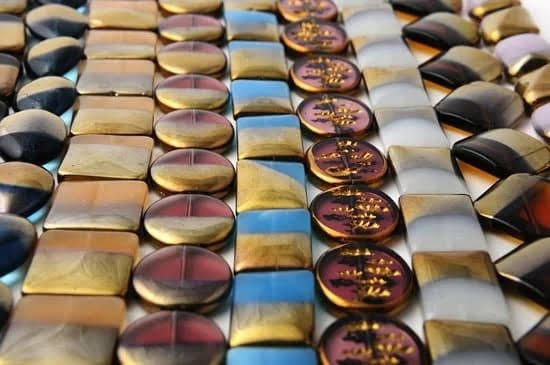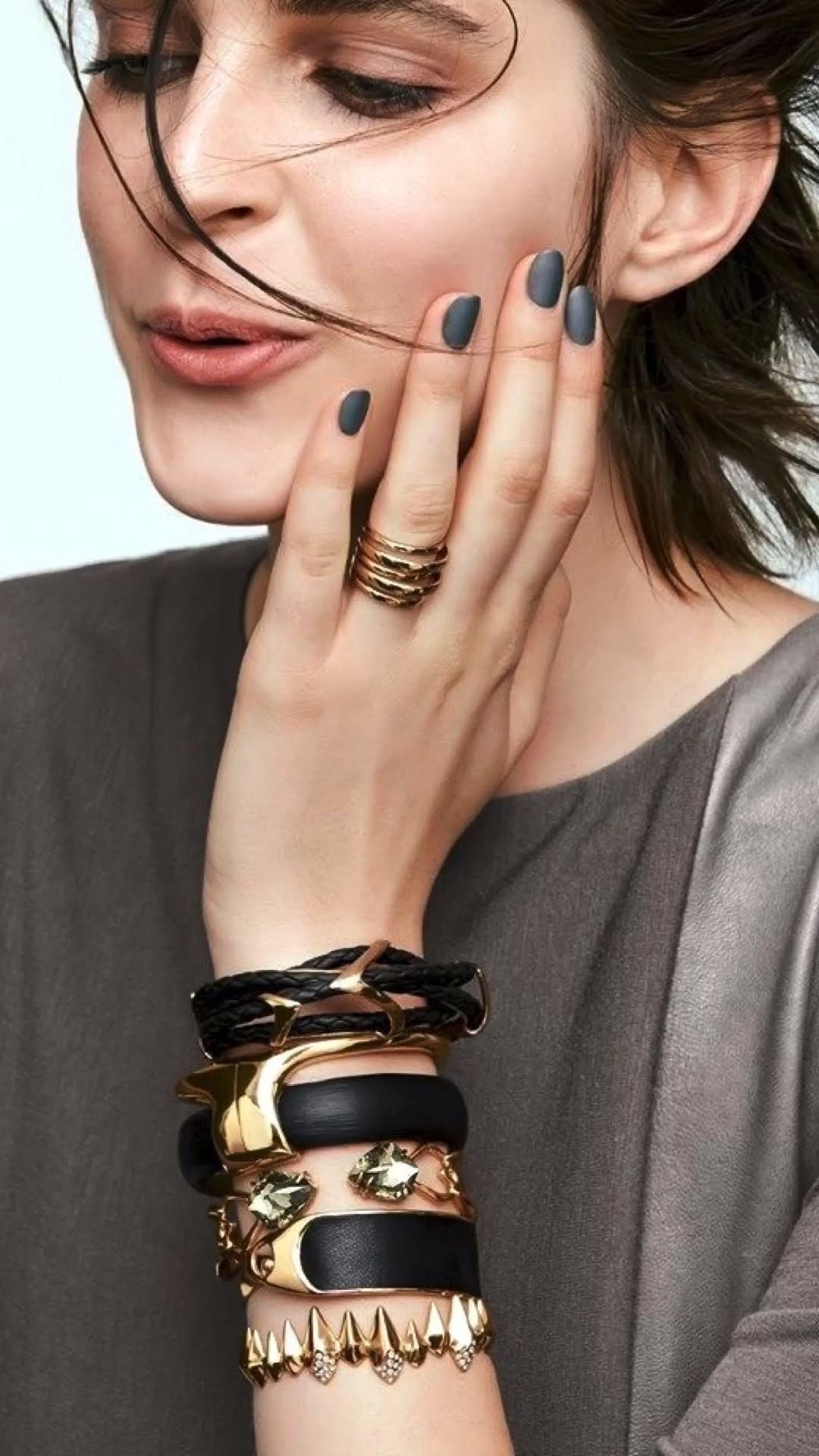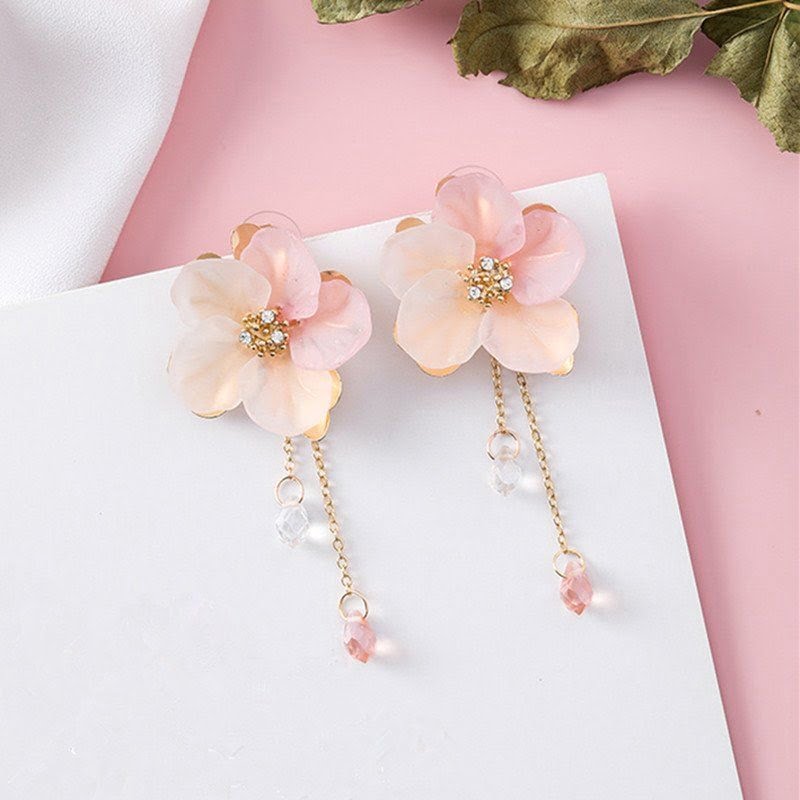Do Jewelry Stores Make Their Jewelry
The simple answer to this question is no, jewelry stores do not make their own jewelry. The vast majority of jewelry stores, in fact, only carry jewelry that has been made by other companies. There are a few exceptions to this rule, of course, but by and large, this is how the industry works.
So, if jewelry stores don’t make their own jewelry, where does it come from The answer to that question is a little bit more complicated. In most cases, the jewelry that is sold in stores is made by companies that specialize in making jewelry. These companies often have their own factories where they make their products, and they typically have a wide variety of different items in their catalog.
There are a few exceptions to this rule, of course. Some jewelry stores do actually make their own jewelry, and there are also a few companies that make both jewelry and other types of products. However, by and large, the industry is dominated by companies that specialize in making jewelry.
So, why don’t more jewelry stores make their own jewelry The answer to that question is pretty simple – it’s expensive and it’s difficult. Manufacturing jewelry is a complex process, and it requires a lot of specialized equipment and knowledge. In addition, it’s often difficult to find the right suppliers and to get the right materials.
All of that said, there are a few jewelry stores that do make their own jewelry. These stores typically have a lot of experience in the industry, and they have the resources necessary to make their own products. So, if you’re looking for something unique, it’s worth checking out these stores.
Can Jewelry Qualify Under Nafta Rules Of Origing
There has been a lot of talk recently about the North American Free Trade Agreement (NAFTA) and how it is affecting the jewelry industry. Specifically, there is some concern that jewelry may no longer be able to qualify as a NAFTA “originating good” and be exempt from tariffs. This article will explore the rules of origin under NAFTA and explain how jewelry can still qualify.
The NAFTA rules of origin are contained in Chapter 4 of the Agreement. To qualify as an originating good, a product must meet all of the following requirements:
1. The product must be wholly obtained or produced entirely in the NAFTA countries.
2. The product must be changed in form or nature in the NAFTA countries.
3. The product must be classified within a specific tariff heading in the NAFTA countries.
4. The product must meet the regional value content requirement.
Wholly Obtained or Produced Entirely in the NAFTA Countries
To qualify as an originating good, the product must be wholly obtained or produced entirely in the NAFTA countries. This means that the product must be made entirely in the NAFTA countries, from beginning to end. The product cannot be made in one NAFTA country and then finished in another NAFTA country.
Changed in Form or Nature in the NAFTA Countries
To qualify as an originating good, the product must be changed in form or nature in the NAFTA countries. This means that the product must be made into a new product in the NAFTA countries. The product cannot simply be transported from one NAFTA country to another NAFTA country.
Classified Within a Specific Tariff Heading in the NAFTA Countries
To qualify as an originating good, the product must be classified within a specific tariff heading in the NAFTA countries. This means that the product must be classified within the same tariff heading in all three NAFTA countries.
Meets the Regional Value Content Requirement
To qualify as an originating good, the product must meet the regional value content requirement. This means that the product must have a certain percentage of its value derived from materials and labor that are sourced from the NAFTA countries. The specific percentage varies depending on the product.
Does Swarovski Jewelry Cause Cancer
There is no evidence to support the claim that Swarovski jewelry causes cancer. The rumor that Swarovski jewelry may contain cancer-causing chemicals originated from a misunderstanding of a news article about a study on the chemical composition of costume jewelry. The study found that some costume jewelry contained high levels of lead and cadmium, but Swarovski jewelry was not included in the study. Swarovski has rigorous quality control measures in place to ensure that their jewelry does not contain harmful chemicals.
Does Alan’S Jewelry Take Coffee Makers
Alan’s Jewelry is a full-service, family-owned and operated jewelry store that has been in business for over 25 years. We offer a wide variety of jewelry, including engagement rings, wedding bands, and watches. We also offer a wide variety of services, including jewelry repair and watch repair.
We take coffee makers! In fact, we take just about anything that’s made out of metal. We can also gold plate or silver plate just about anything, so if you have an old coffee maker that you want to give a new lease on life, bring it on in to Alan’s Jewelry and we’ll take care of it for you.
We also offer a wide variety of services, including jewelry repair and watch repair. So if your coffee maker breaks and you need it repaired, bring it on in to Alan’s Jewelry and we’ll take care of it for you. We also offer a wide variety of warranty services, so you can rest assured that your coffee maker is in good hands.
We hope you’ll visit us at Alan’s Jewelry soon!
Does Gold Plated Copper Jewelry Stain
Your Skin
Gold plated copper jewelry has become a popular choice for jewelry lovers in recent years. However, some people are concerned that the gold plating on the copper will rub off and stain their skin. In this article, we will explore whether or not gold plated copper jewelry can stain your skin and provide some tips on how to avoid this from happening.
The short answer to this question is yes, gold plated copper jewelry can stain your skin. However, there are a few things you can do to minimize this risk. First, make sure to wash your hands after wearing gold plated copper jewelry. This will help to remove any of the plating that may have rubbed off. Additionally, avoid wearing gold plated copper jewelry in the shower or while swimming, as the water can accelerate the staining process.
If you do find that your skin has been stained by gold plated copper jewelry, there are a few ways to treat the stain. One option is to use a gentle exfoliating scrub to remove the plating. Another option is to apply a topical cream or ointment that contains benzoyl peroxide or salicylic acid. These ingredients can help to lighten the stain and restore your skin’s natural color.
In conclusion, gold plated copper jewelry can stain your skin if you are not careful. However, by following the tips mentioned above, you can minimize this risk and keep your skin looking beautiful.

Welcome to my jewelry blog! My name is Sarah and I am the owner of this blog.
I love making jewelry and sharing my creations with others.
So whether you’re someone who loves wearing jewelry yourself or simply enjoys learning about it, be sure to check out my blog for insightful posts on everything related to this exciting topic!





